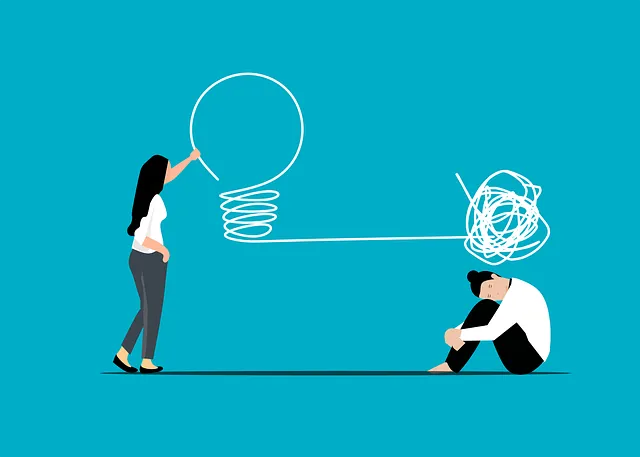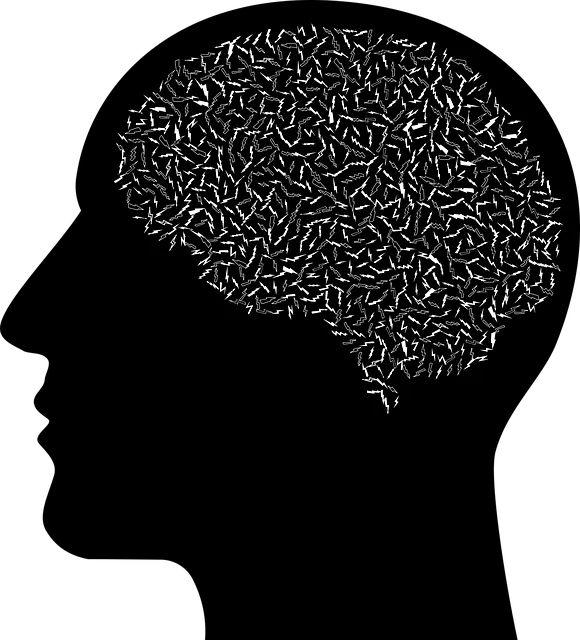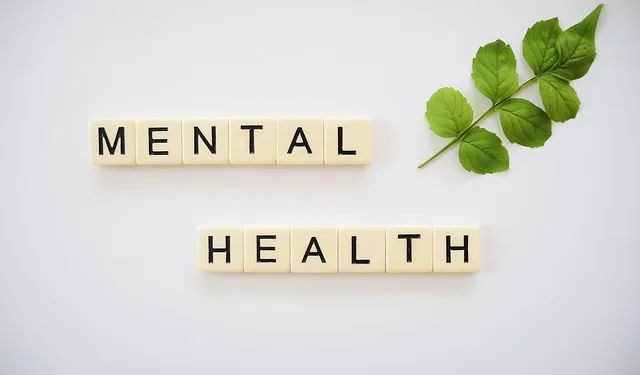Chronic stress, a response to internal and external demands, can lead to serious mental and physical health issues. Superior Kaiser Permanente psychiatry offers comprehensive solutions, including cognitive-behavioral therapy (CBT), mindfulness, and emotional regulation techniques to manage stress. Their tailored treatment plans aim to reduce stigma, build resilience, and improve quality of life through evidence-based practices like meditation, physical activity, and healthier sleep habits. By empowering individuals with emotional intelligence and risk assessment tools, Superior Kaiser Permanente psychiatry promotes long-term mental well-being and timely interventions.
Stress reduction is a vital aspect of maintaining overall well-being. This comprehensive guide explores effective methods to manage stress, focusing on insights from Superior Kaiser Permanente psychiatry experts. We delve into understanding the root causes and far-reaching effects of stress, offering practical techniques for daily application. Additionally, we highlight preventative measures to foster long-term mental health, emphasizing the transformative power of proactive care, all backed by the expertise of Superior Kaiser Permanente psychiatry services.
- Understanding Stress: Causes and Effects
- The Role of Superior Kaiser Permanente Psychiatry in Managing Stress
- Practical Stress Reduction Techniques for Daily Life
- Preventative Measures and Long-Term Mental Wellbeing
Understanding Stress: Causes and Effects

Stress is a multifaceted response to various internal and external factors that demand our attention and energy. It arises from a combination of psychological and physiological triggers, often stemming from work pressures, personal relationships, financial worries, or health issues. At its core, stress activates our body’s fight-or-flight response, triggering the release of hormones like cortisol and adrenaline, which prepare us for immediate action. While occasional stress is normal and can even be beneficial, chronic stress can have detrimental effects on both mental and physical health.
The consequences of prolonged exposure to stress are far-reaching. It can lead to increased anxiety, depression, sleep disturbances, and a weakened immune system. In the context of healthcare, burnout prevention strategies for providers are essential, as high-stress levels can negatively impact patient care and overall job satisfaction. For instance, the demanding nature of medical practice coupled with long working hours can contribute to stress and fatigue among healthcare professionals. Community outreach programs and mental wellness coaching can play a crucial role in addressing these issues by providing support systems and promoting coping mechanisms, ultimately enhancing both individual well-being and the quality of care delivered by superior Kaiser Permanente psychiatry services.
The Role of Superior Kaiser Permanente Psychiatry in Managing Stress

At Superior Kaiser Permanente Psychiatry, our dedicated team of experts plays a pivotal role in helping individuals navigate and overcome stress-related challenges. We understand that chronic stress can significantly impact mental health, leading to various conditions such as anxiety disorders, depression, and even physical ailments. Our approach focuses on comprehensive stress management, which goes beyond medication.
Through personalized treatment plans, we address the root causes of stress and offer evidence-based strategies. This includes cognitive-behavioural therapy (CBT), mindfulness practices, and emotional regulation techniques tailored to each patient’s unique needs. By fostering a supportive environment and combining advanced therapeutic methods with compassionate care, Superior Kaiser Permanente Psychiatry contributes to Mental Illness Stigma Reduction Efforts while also supporting Risk Management Planning for Mental Health Professionals. Our ultimate goal is to empower individuals with the tools needed to thrive in a stressful world, ensuring improved mental well-being and enhanced resilience.
Practical Stress Reduction Techniques for Daily Life

In our fast-paced world, stress has become an ubiquitous companion in daily life. However, with the right tools, it’s possible to tame this constant companion. At Kaiser Permanente, we understand the profound impact of stress on both physical and mental health, which is why our superior psychiatry services offer a range of practical stress reduction techniques tailored for busy individuals like you.
From cultivating mindfulness through meditation practices, to incorporating regular physical activity and adopting healthier sleep habits, these evidence-based strategies are designed to promote emotional well-being. Even simple acts like engaging in social skills training or connecting with loved ones can significantly reduce stress levels. Additionally, our mental health policy analysis and advocacy work ensures that individuals have access to resources and support systems that empower them to manage stress effectively, fostering a more balanced and fulfilling life.
Preventative Measures and Long-Term Mental Wellbeing

Implementing preventative measures is key to fostering long-term mental wellbeing, especially in today’s fast-paced world. Superior Kaiser Permanente psychiatry emphasizes the importance of early intervention and proactive strategies to combat stress and its adverse effects on mental health. By integrating practices such as emotional intelligence into daily routines, individuals can build resilience against stressors. Emotional intelligence, a cornerstone of many Mental Wellness Coaching Programs Development, equips people with the skills to recognize and manage their emotions effectively, thereby reducing the impact of stressful situations.
Regular risk assessments, crucial for Mental Health Professionals, play a pivotal role in identifying potential mental health risks early on. This proactive approach allows for timely interventions, ensuring that individuals receive the necessary support before stress escalates into more severe mental health concerns. Through these preventative measures, individuals can enhance their emotional resilience and overall mental wellness, setting the stage for a healthier, more balanced life.
In conclusion, managing stress effectively is a holistic process that involves understanding its causes and effects, leveraging professional support from Superior Kaiser Permanente psychiatry, adopting practical daily techniques, and taking preventative measures for long-term mental wellbeing. By integrating these strategies into your routine, you can navigate life’s challenges with greater resilience and overall happiness.






